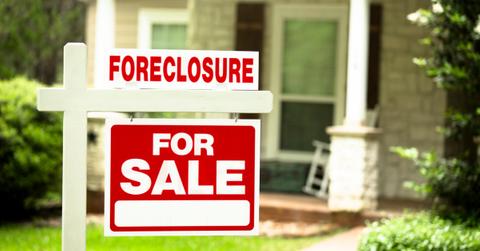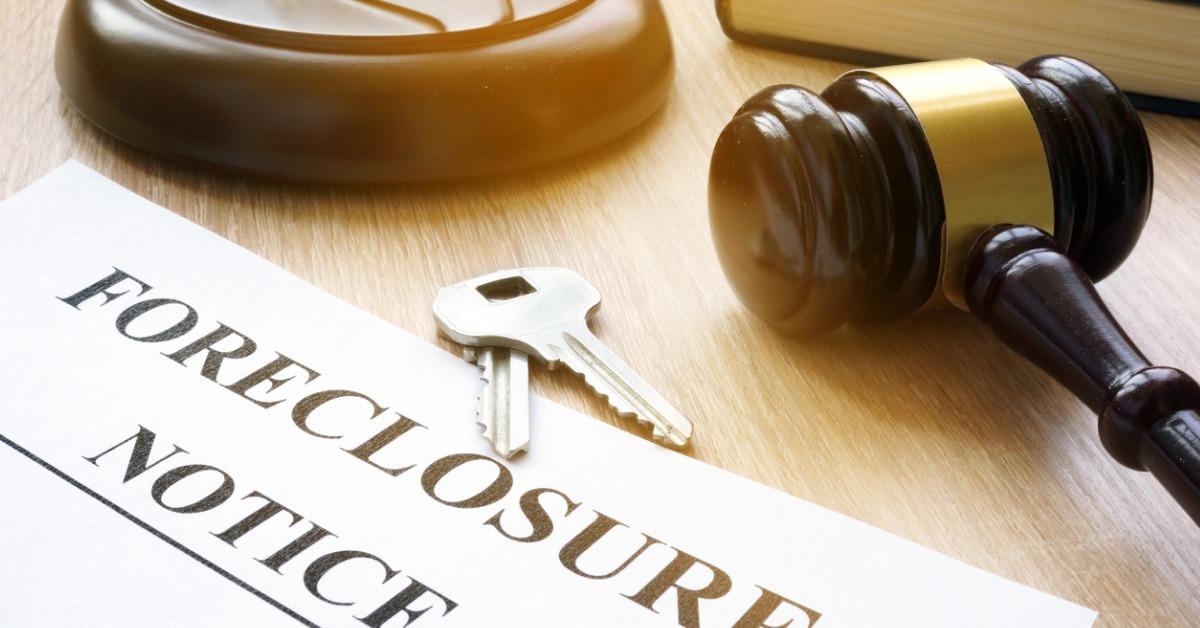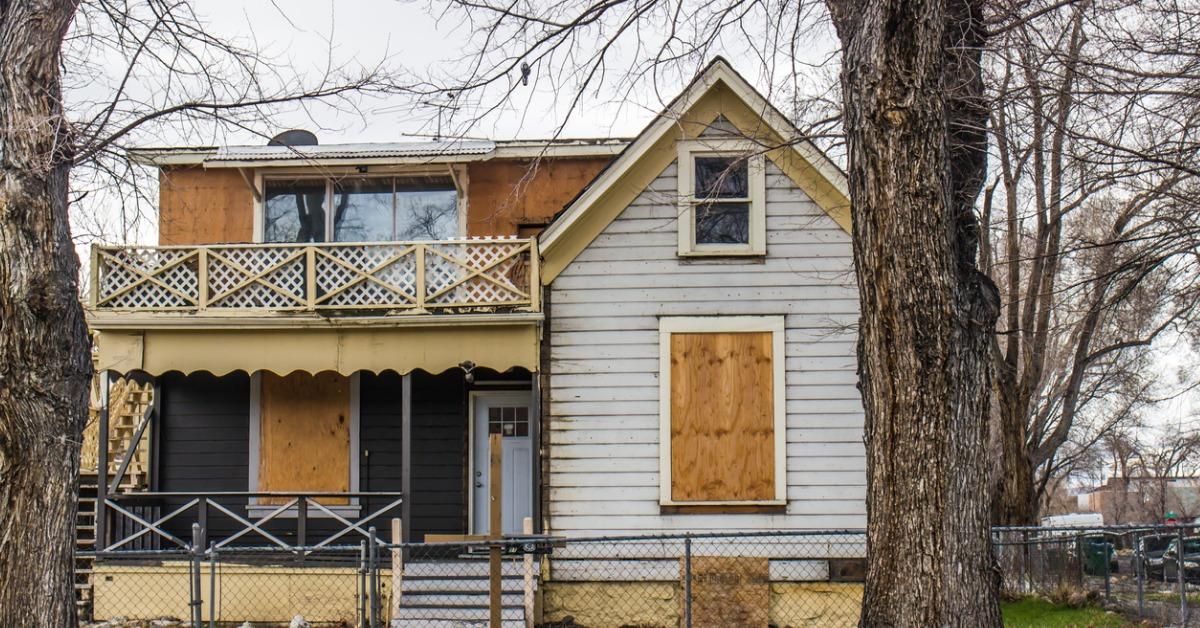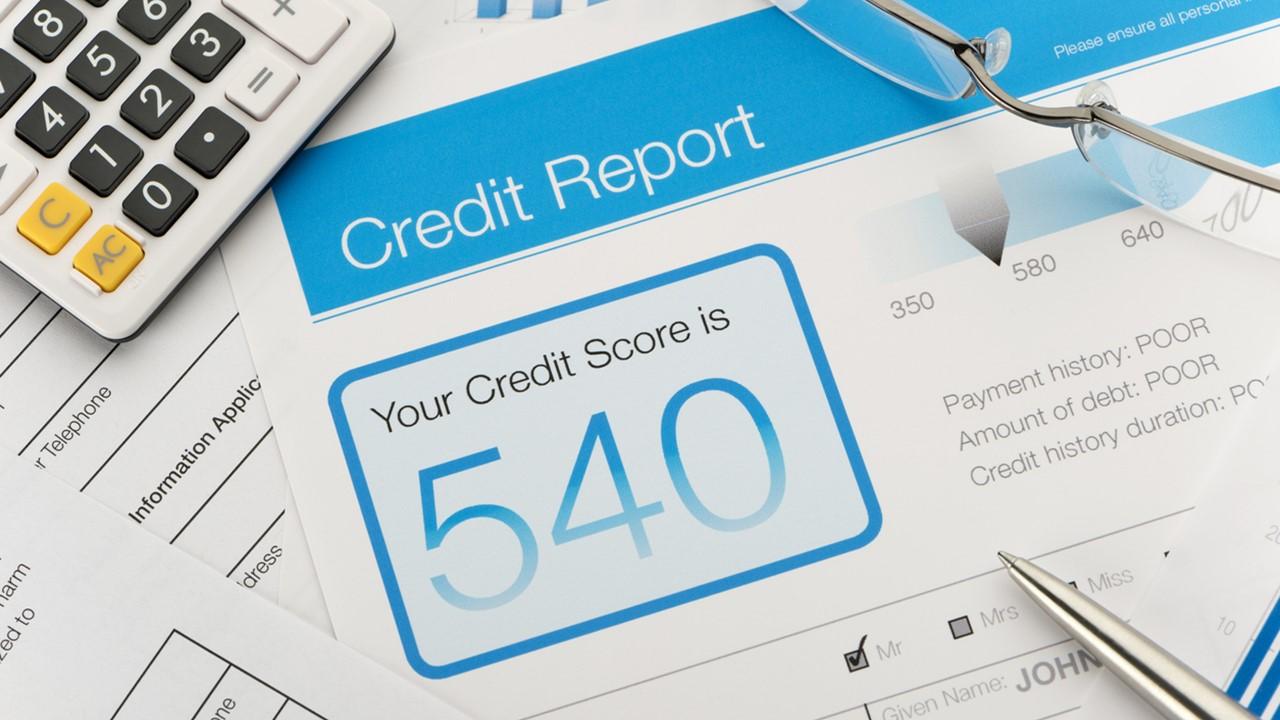What Is Foreclosure and How Can You Avoid It?
Many Americans live in constant fear of foreclosure. What is foreclosure and how can you avoid it?
Sept. 22 2020, Updated 3:29 p.m. ET

The word foreclosure, even if you don’t know the exact definition, has a disquieting feeling behind it. Individuals struggling financially know the meaning all too well. They live in constant fear of having their home or other property reclaimed by the institutions that lent them the money to pay for it. If they have a bad few months and default on their loan, the consequences could be dire.
Understanding what foreclosure is and how to avoid it can help individuals navigate the many pitfalls associated with debt.

What is foreclosure?
Foreclosure is the legal process where a lender attempts to recover the amount owed on a defaulted loan by taking ownership of and selling the mortgaged property. Usually, the process is only triggered by a borrower missing a specific number of monthly payments. However, in terms of mortgages, foreclosure can also be triggered when a borrower fails to meet certain terms in the mortgage contract.
Each state has a different foreclosure process in place but the average number of days for the foreclosure process is 673. Most lenders will be open to working with their borrowers so that they can avoid foreclosure. Many lenders will even give the borrower more time to catch up on the payments. The process requires a good amount of transparency on the part of the borrower.

How long does the foreclosure process take?
The process of foreclosure usually starts when a borrower defaults on at least one mortgage payment. At this point, the lender will send out a notice of a missed payment. If the notice is ignored and the second payment is missed, the lender will send a demand letter. The letter is a more serious warning. Most borrowers will reach out to work with the lender at this point so that arrangements can be made.
If the borrower still isn't able to catch up and no agreement can be made after 90 days, the lender will be forced to send a notice of default. After the notice has been dispatched, the loan is handed to the lender’s foreclosure department. After that, the borrower has another 90 days to settle the payments and reinstate the loan. If there isn't any progress by the end of the 90-day reinstatement period, the true foreclosure process will start.
What is a foreclosed home?
Foreclosed homes are described as “bank-owned properties” that eventually go to auction. The purpose of the auctions is for the bank to attempt to recoup at least some amount of money for the property. Even if the homes aren't sold, they are still considered bank-owned or Real Estate Owned (REO) homes.

Can a foreclosure be stopped?
There are several ways to stop the foreclosure process. Unfortunately, with the exception of catching up with payments and beginning them again in earnest, none of the ways are ideal. You can file a lawsuit against the lender, file for bankruptcy, apply for a loan modification, or ask the seller to postpone the foreclosure sale. Asking the seller to postpone the foreclosure sale just buys extra time.
How to file for bankruptcy in the foreclosure
Filing for bankruptcy in the foreclosure is probably the worst idea. Filing for bankruptcy isn't a process to be rushed or taken lightly. Bankruptcy should only be used under the worst circumstances. Filing for bankruptcy will stop a foreclosure in its tracks by something called an automatic stay. The lender can file a relief from the stay and file a motion to restart the foreclosure. The brief period may buy you enough time to find the funds and correct the situation.

How do the other alternatives work in foreclosure?
Suing your bank or lender is never a good idea even if it does halt the process. The ensuing legal battle could take years. The bank may not have a way to circumvent the legal process. The bank could sell the foreclosed home out from under you. Also, the bad relationship between the lender and the borrower could last much longer.
A loan modification may be filed before the last 90-day period of the foreclosure process. Filing a loan modification might be the best and most legitimate option. Loan modification can stop the foreclosure process entirely. However, there are mitigating circumstances to consider both on the part of the lender and the borrower. Loan modifications can face complications like the initial loan.

Can a foreclosure be removed from a credit report?
If your house is foreclosed for a legitimate reason, the ensuing foreclosure will hit your credit score in about one or two months. The foreclosure will remain on your credit for as long as any other item on your credit report — a full seven years.
If you are going into foreclosure, the best thing you can do is contact a lawyer or a financial advisor. They can look at your situation and give you advice on how to avoid the foreclosure and get the situation straightened out with your lender.
